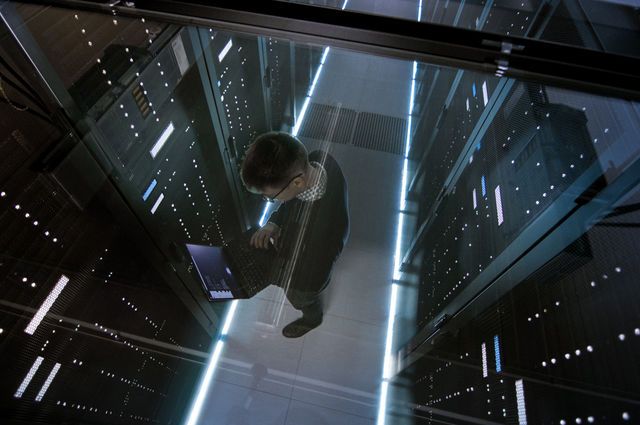Solving Labor Shortage Through Technology
14 experts shared their view
With travel demand accelerating rapidly, the hospitality industry is experiencing a new challenge: labor shortages resulting in sharply rising labor cost, which consumes as much as 60%-80% of RevPAR (CBRE). In the U.S. alone, hotels need to hire 600,000 more employees by summer to be able to meet demand (BIS.gov). Right now there are 171,800 open positions on LinkedIn for hospitality jobs in the U.S.
Wages in hospitality operations - frontline position such as housekeeping, front desk, wait staff, line cooks, etc. - are up more than 20% since April 2020 (Hotel Effectiveness). Hotels and restaurants alike are offering sign-up bonuses, higher wages and even cash payments to candidates just to come for an interview. In the same time productivity is down due to influx of inexperienced staff, since many of the experienced hospitality professionals left the industry due to furloughs and layoffs during the pandemic.
The question is, how can the hospitality industry solve the current labor shortages and unsustainable labor cost through technology innovations, automation, mobility, robotization and next gen technology applications?
I believe we can solve the current labour shortages and rising costs through both the optimisation and adoption of technology in hotels, but this requires a mind shift.
We know automation creates efficiencies. But as with the use of any technology, to reap its full benefits you need a solid backbone with the right infrastructure and mindset.
Given the current recovery mode of the industry, I believe we should go back to basics. Firstly, optimise the use of the tech that's already in place - work to automate repetitive and often mundane tasks to make operations more effective and efficient, and more importantly make hospitality jobs more attractive.
Optimising and automating traditional workflows in departments such as housekeeping and room service will make operations more efficient, while creating opportunities for improved service delivery at the same time. Using AI to help plan schedules for tasks such as cleaning rooms and collecting room service trays creates more efficiencies in operations and reduces room for human error.
Secondly, where repetitive tasks are also bespoke we can look at using technologies such as IoT and AI to support operations. Why not use virtual assistants to take on (seasonal) multi-language support or use wearable tech that helps personalise the guest experience. These technologies will not just make operations more efficient and enhance the guest experience, but will also make hotel jobs more interesting, helping us close the talent gap.
I see a great future for the use of AI, IoT and biometrics in hospitality to drive innovation in service delivery and enable a more versatile deployment of staff and their skills, making hotel jobs more varied and interesting.
To do this, however, we can't be complacent. It's not the tech but the culture that will ultimately drive the results. In other words, we need to get our bus in line with the travellers not the other way around.



